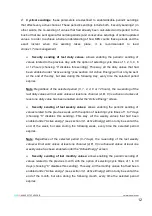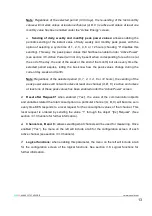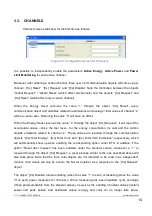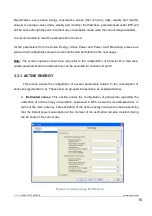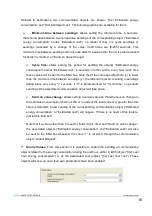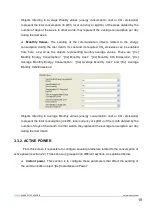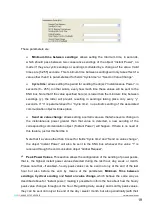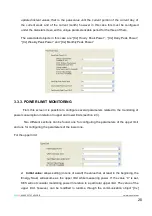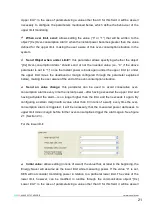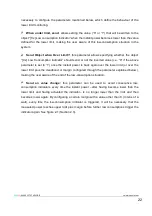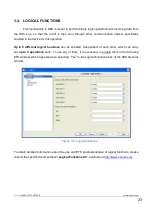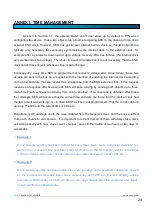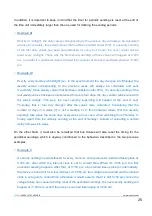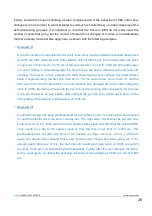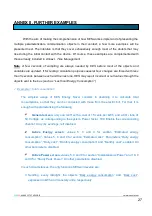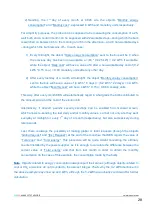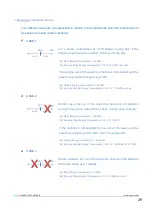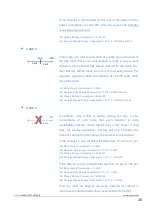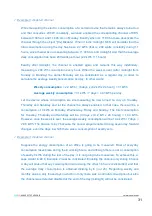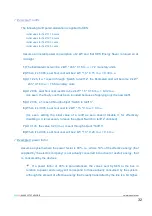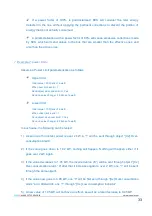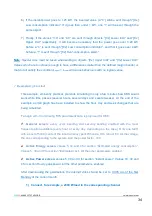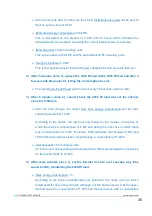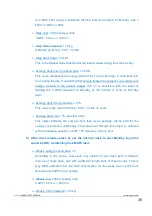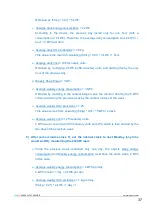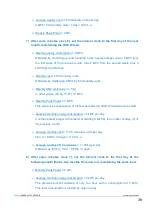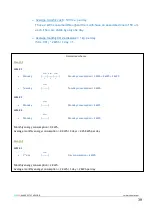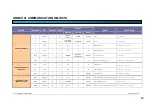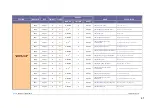
ZENN
iO
AVANCE Y TECNOLOGÍA
vwww.zennio.com
26
26
Finally, and with the hope of allowing a better comprehension of the behaviour of KES under hour
changes (such as summer to winter & winter to summer hour corrections) or under consecutive time
sets with testing purposes, it is important to note that the timers in KES do not really count
the
number of
hours that go by
, but
the number of forward hour changes
. Of course, all considerations
that have already made will also apply here, as shown with the following examples:
Example VI
:
A periodic sending is parameterized for every three hours and a parameter download takes place
at 9:25h am, after which the time of the internal clock of KES is set. Five minutes after, the clock
is again set, in this case to 10:15h am. A few seconds later, it is set to 1:38h pm. And a little later,
it is set to 5:06h pm. Immediately after this time change, the device will execute the first periodic
sending. The reason is that, according to KES, three forward hour changes have taken place
since it began working: the first one, from 9h to 10h; the second one, from 10h to 1h; and the
third one, from 1h to 5h. Note that if no more fictitious time changes are forced after setting the
clock to 5:06h, the device will execute the second security sending when its internal clock shows
8:00h pm. Moreover, as said before, after midnight the periodic timer will be set to zero, so the
first sending of the next day will take place at 3:00h am.
Example VII
:
A periodic sending has been parameterized for every three hours. The device has been turned
on and the internal clock has been correctly set. The night when clocks must be put one hour
back, as soon as it is 3:00h am the periodic sending takes place, and after that the external KNX
clock sends an order to the internal clock so that the time is set back to 2:00h am. This
backtracking does not affect the timer of the periodic sendings, however, once it is 3:00h am
again, the device does consider that a new forward hour change has taken place (as it has
actually been). Because of this, the next periodic sending will take place at 5:00h am (which
would be 6:00h am if no backtracking had happened). Finally, after the next midnight, the timers
will be reset again,
so during the next days there won’t be sendings at 5:00h am, but at 6:00h
am.

